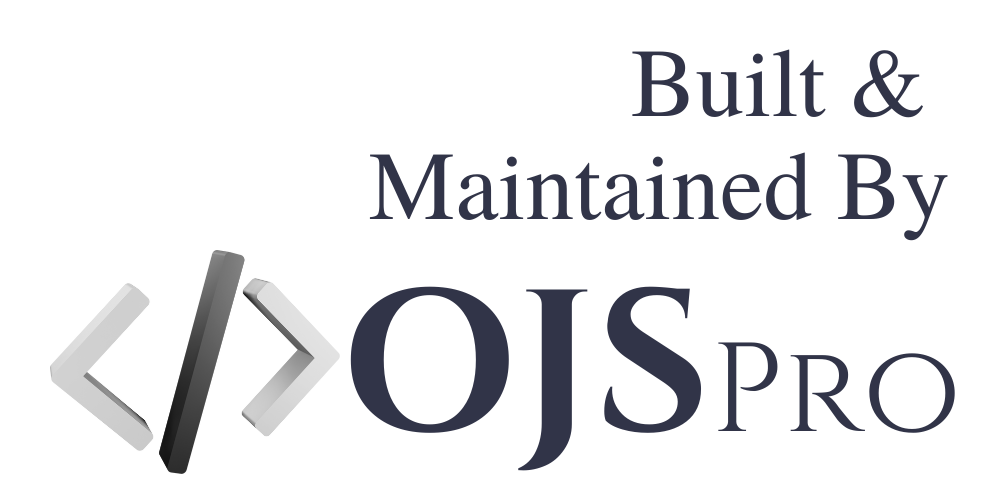An Appraisal of Selected Legal Frameworks for the Management of Oil Spillage in Nigeria
Downloads
DOI:
https://doi.org/10.55662/CLRJ.2023.904Keywords:
Oil Spillage, Nigerian Oil Industry, Environmental Laws, PunishmentAbstract
The Niger Delta region is one of the major regions in Nigeria where the oil spillage is prevalent. Over the years, several laws have been passed with a view to abating the menace. Despite the existence of these enactments, the problem of oil spillage persists. This paper examines selected legal legislations pertaining to the regulation, control and management of the Nigerian oil industry with a view to identifying inherent gaps for possible amendment and reform. Using the doctrinal method of research, this piece identifies areas in the relevant laws that need to be modified to effectively curb the problem of oil spillage in the Niger Delta region. It is shown that the inability of the relevant laws to abate the problem of oil spillage in Nigeria is a direct consequence of the gaps in the laws which fails take into consideration current realities in terms of imposition of adequate/stiffer penalties for environmental crimes particularly those perpetuated by corporate bodies. To this end, the need to overhaul the relevant laws and bring it up to speed with contemporary challenges is a necessary condition to ensuring that the problem of oil spillage becomes a thing of the past. Among other suggestions therefore, this contribution calls for the amendment of Section 102 of the Petroleum Industry Act to make the provision of an environmental management plan a mandatory requirement for the grant of a license or lease. It is contended also, that the punishment section of the Harmful Waste (Special Criminal Provisions) Act should be more specific with respect to the particular punishment to be meted on violators. The exclusion of the oil and gas sector by Sections 7 and 8 of the National Environmental Standards Regulation Enforcement Agency Act works a great disservice to the overall utility of the Act and should forthwith be amended to cover these critical sectors which are a major contributor to the menace of oil spillage.
External References to this Article
Loading reference data...
License Terms
Ownership and Licensing:
Authors of research papers submitted to any journal published by The Law Brigade Publishers retain the copyright of their work while granting the journal specific rights. Authors maintain ownership of the copyright and grant the journal the right of first publication. Simultaneously, authors agree to license their research papers under the Creative Commons Attribution-ShareAlike 4.0 International (CC BY-SA 4.0) License.
License Permissions:
Under the CC BY-SA 4.0 License, others are permitted to share and adapt the work, even for commercial purposes, provided that appropriate attribution is given to the authors, and acknowledgment is made of the initial publication by The Law Brigade Publishers. This license encourages the broad dissemination and reuse of research papers while ensuring that the original work is properly credited.
Additional Distribution Arrangements:
Authors are free to enter into separate, non-exclusive contractual arrangements for distributing the published version of the work (e.g., posting it to institutional repositories or publishing it in books), provided that the original publication by The Law Brigade Publishers is acknowledged.
Online Posting:
Authors are encouraged to share their work online (e.g., in institutional repositories or on personal websites) both prior to submission and after publication. This practice can facilitate productive exchanges and increase the visibility and citation of the work.
Responsibility and Liability:
Authors are responsible for ensuring that their submitted research papers do not infringe on the copyright, privacy, or other rights of third parties. The Law Brigade Publishers disclaims any liability for any copyright infringement or violation of third-party rights within the submitted research papers.
Citation Metrics
Published
Issue
Section
License

This work is licensed under a Creative Commons Attribution-NonCommercial-ShareAlike 4.0 International License.
Copyright © 2026 by Ufuoma Veronica Awhefeada, Ogheneosunme Eda
The copyright and license terms mentioned on this page take precedence over any other license terms mentioned on the article full text PDF or any other material associated with the article.






